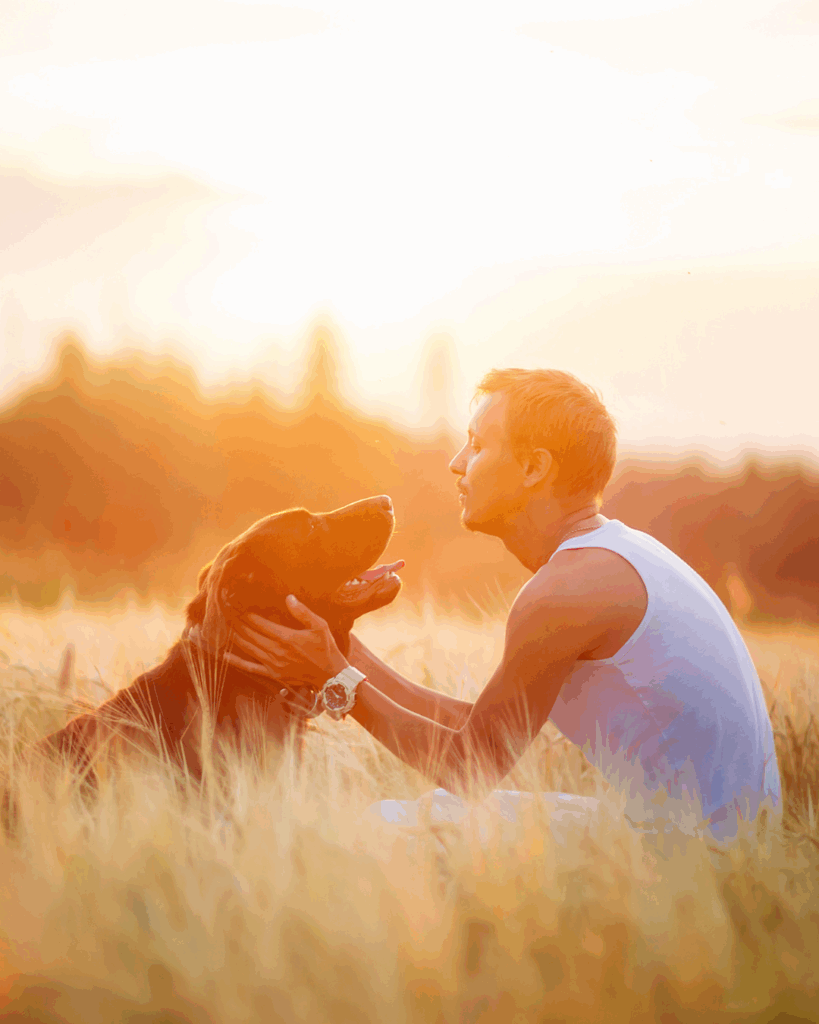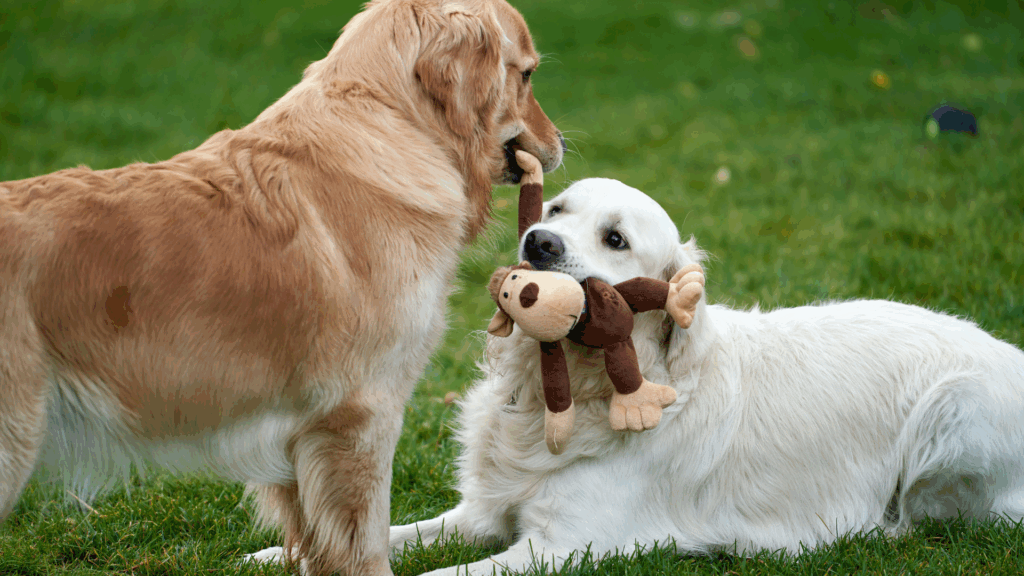The last 9 months or so I have seen a lot of people getting puppies. This is due to the fact that a lot more people are working from home than usual. This is not in and of itself a bad thing.
However, I get a lot of calls and text messages asking why their puppy is peeing on the floor, why they are whining in the crate and why the puppy is having behavioral issues around the kids.
And my simple answer is…BECAUSE THEY ARE A PUPPY.
If you got a puppy so the kids would have something to play with, so they can cuddle something, so they can go on walks and show it off to their friends…then you should have gotten a stuffed animal. Trust me, this is MUCH less expensive, MUCH less time-consuming and DEFINITELY less poop.
Getting a puppy is about learning a mature concept. Giving another living being what THEY need to be happy, confident and obedient. Not necessarily what feels good all the time.
And getting the RIGHT fit for your family is so important that it can’t be overstated. Getting a Border Collie or Australian Shepherd if you have a chaotic household with lots of kids is probably not a good option. Getting a Husky or German Shepherd if you want a dog that you can cuddle all the time is probably not going to work out in the long run.
You are going to be married to this dog for the next 15 years. Before humans marry each other we take the time to get to know one another, to date and to see if we are compatible. I would not call up a dating service and say “send over someone with blue eyes for the next 15 years.” Who knows how that would turn out?
Do your research about the breed…TALK TO A DOG TRAINER. Most average households may not know the behaviors they are seeing are actually anxiety or other advanced issues. They may just assume the dog is being sweet.
Again we come back to the big question “WHY are you getting a puppy?” If it is just to see your happy kid’s faces on Christmas morning that may not be enough. Don’t get into a 15-year marriage for the sake of a honeymoon.
If you are a parent, be prepared that the bulk of responsibility for the dog will be on the adult person who spends the most time at home.
And do your research by asking a qualified professional dog trainer what you can expect from the breed you want. Internet searches are not always accurate and tend to sugar-coat behavioral issues.
Getting a puppy can be an amazing experience to have together as a family. To raise a good dog and have a companion for the full length of the dog’s life.
Before you start this journey, make sure it’s a puppy you want….and not a stuffed animal.





